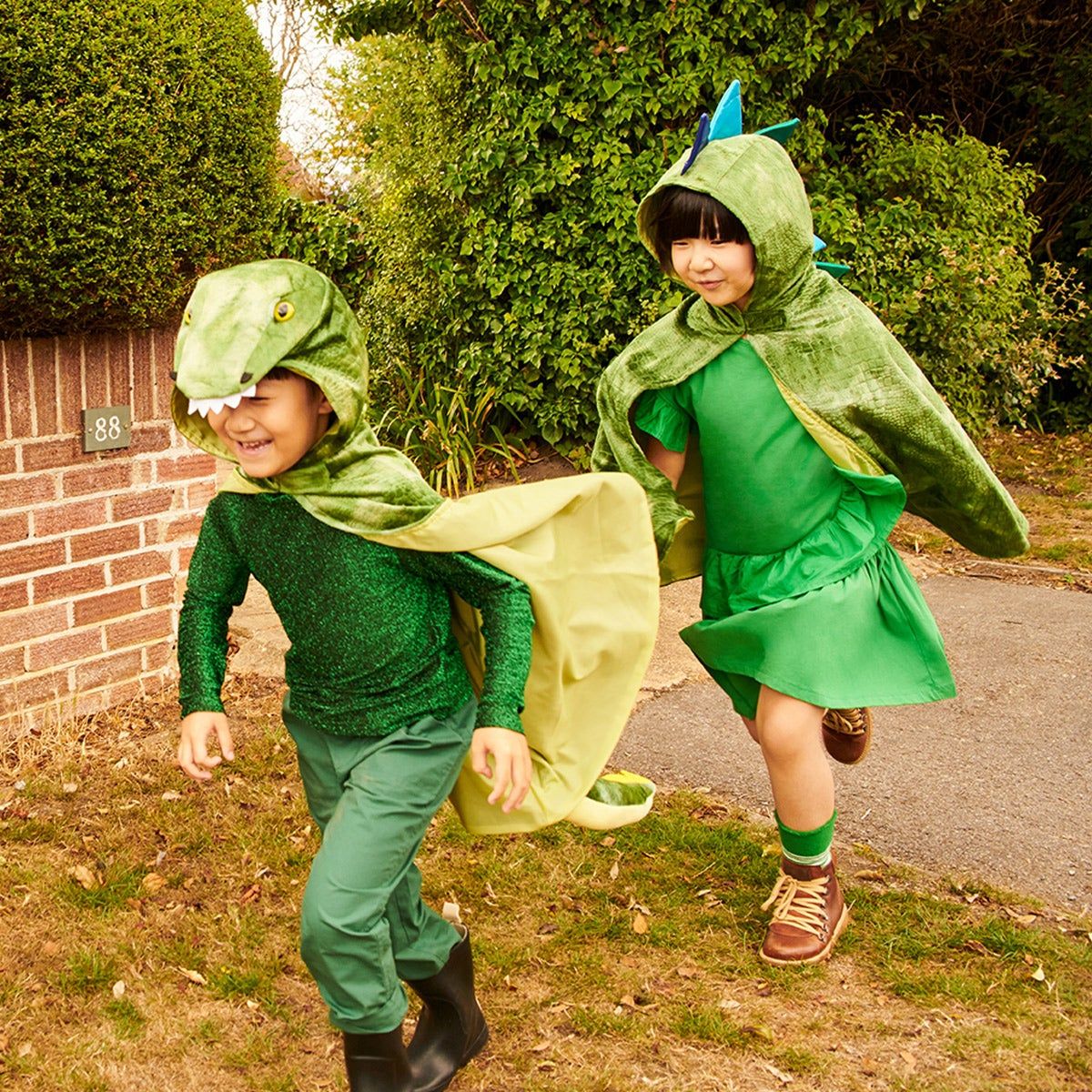
Parental Arts
5 Benefits of Pretend Play
It improves language skills.
You’ll notice when children play school or “family,” they are quite adept at mimicking the language of adults. Pretend play gives them a chance to try on more sophisticated phrases and the confidence to experiment with new words and ideas. It also helps them understand how language can help a story to unfold.
It builds empathy.
According to child development expert Allie Klein, kids pretend playing to be a doctor, or a baby or even an elephant, requires your child to imagine the world through the eyes of another. Young children are, of course, wired to see the world from their own egocentric point of view, but role playing and imaginative play allow them to start exploring the emotions of others in a meaningful way.
It encourages cooperation.
Pretend play is open-ended by nature, requiring that children work together to see where it will lead. The pure fun of creating new worlds alongside other children is a powerful motivator to take turns, compromise and build on the ideas of others. According to Dr. Bronwyn Charlton of seedlingsgroup, pretend play also fosters self-regulation skills, since it often involves intense situations (e.g., rescuing someone from a fire), affording kids opportunities to practice conceiving, developing, managing and resolving such emotional-laden situations.
It helps problem solving.
Whether turning a bottle top into a teacup or negotiating who is going to be the mom and who is going to be the baby, imaginative play encourages children to solve problems for themselves. Resist the urge to intervene when problems arise and let them find their own solutions.
It improves “counterfactual” reasoning.
What is “counterfactual reasoning?” It’s an ability to figure out what could have happened but didn’t, or to imagine alternatives. And pioneering developmental psychologist Alison Gopnik and her colleagues at the University of California found that preschoolers who excelled at pretend playing had better counterfactual reasoning skills. So, pretend play, quite literally, expands their horizons, helping them to see all the myriad of ways the world could be.
Looking for ideas? Jocelyn Greene, founder of Child’s Play NY will get your children’s imaginations in gear with nine inventive game ideas.